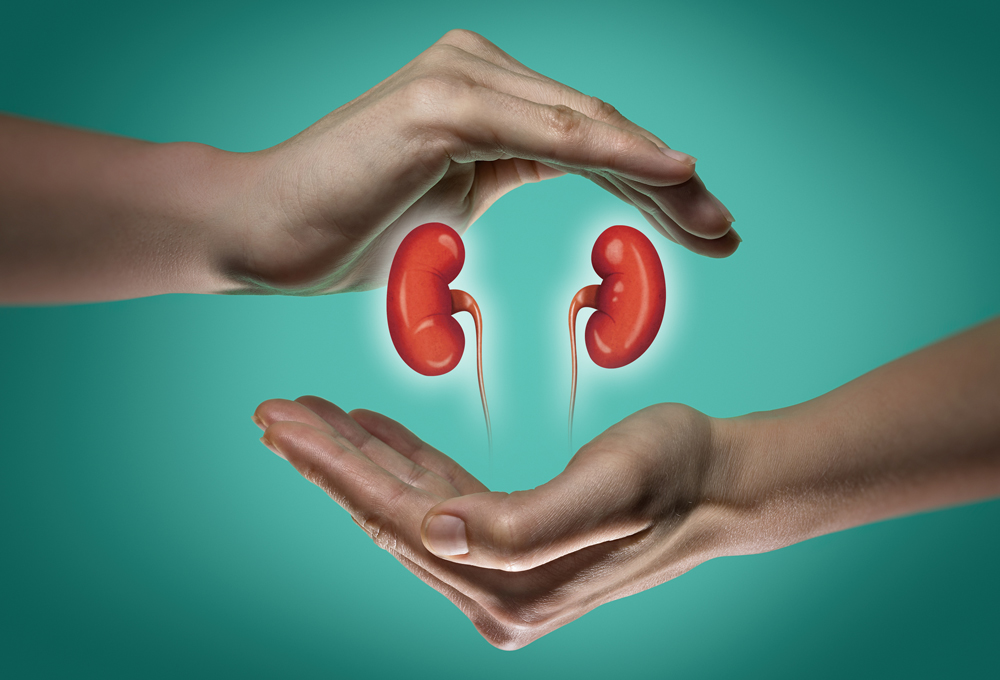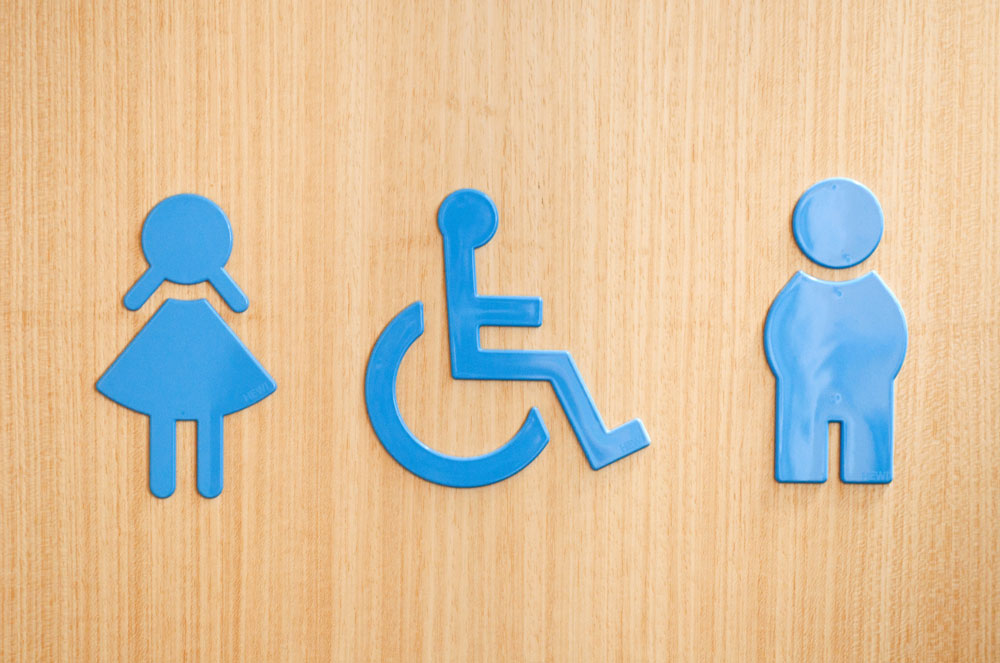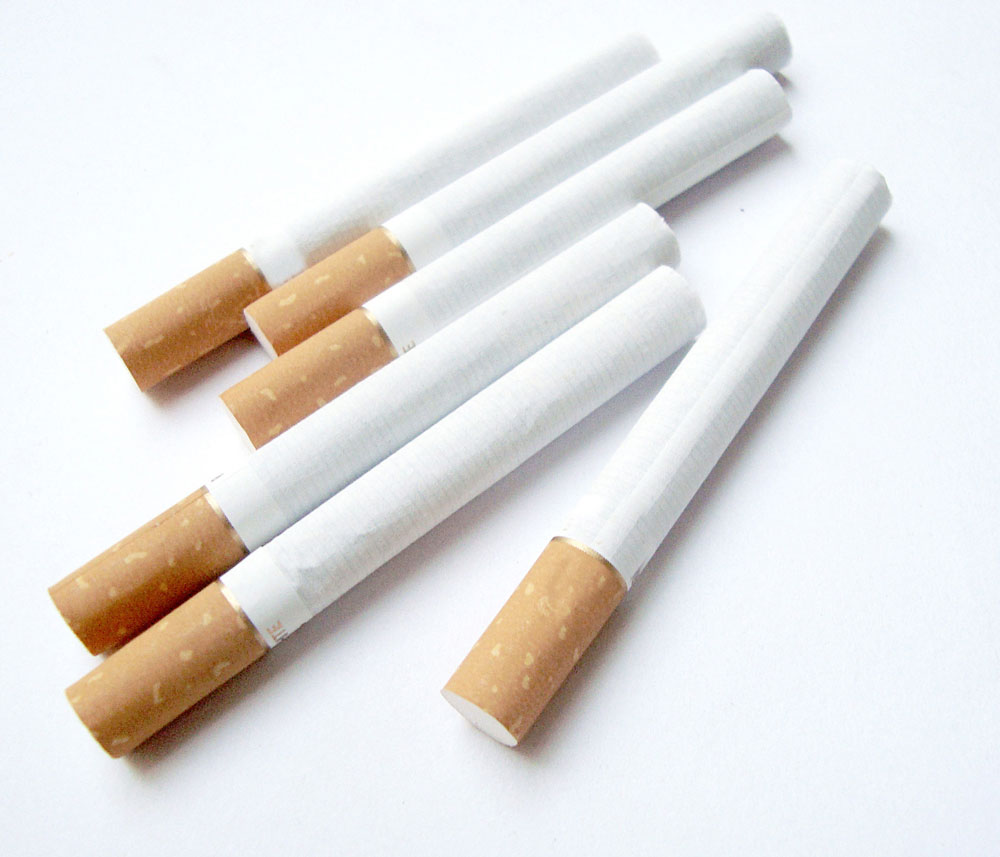YUA Health Message –
November is Bladder Health Month. This month serves as a reminder to get the facts about common bladder health problems and to take an active role in your health.
There are simple steps you can take to help keep your bladder healthy. Some common health problems affecting the bladder include:






Bladder Health Tips
While bladder health is not often top of mind, there are ways to keep your bladder healthier year-round.
Below are a number of tips to help keep your bladder in good shape.
Drink plenty of water
-
Strive to drink 6 to 8 cups of water each day.
-
Cut down on the amount of caffeine and alcohol you drink – these may upset your bladder.
-
Limit your intake of coffee, tea or cola as these can heighten bladder activity and lead to leakage.
Use good bathroom habits
-
It is normal to go to the bathroom 4 to 8 times a day and no more than twice a night.
-
Women should sit to go to the toilet – they should not hover over the toilet seat.
-
Take your time when on the toilet so that your bladder can empty – if you rush, and do not empty your bladder fully, over time, you could get a bladder infection.
Stay away from foods that bother the bladder
-
Some foods can worsen incontinence.
-
Skip foods like chocolate (also a source of caffeine), as well as spicy or acidic foods like tomatoes and citrus fruits.
Look after your pelvic floor muscles
-
Keep your pelvic floor muscles strong with pelvic floor muscle training.
Stop smoking
-
It is of great value to stop smoking for your bladder health – using tobacco is a major cause of bladder cancer.
-
Cigarette smokers are two to three times more likely to be told they have bladder cancer than nonsmokers.
Speak freely
-
Tell your healthcare provider about your symptoms.
-
You may feel embarrassed, but keep in mind, your healthcare provider is used to hearing about all kinds of problems.
Bladder health issues are very common and there are a number of treatments available. Many bladder conditions can be handled through simple lifestyle changes, behavior modifications, medication, bladder retraining or surgery.
If you feel you may have symptoms, be sure to talk to your doctor about which options may be right for you.
Source: www.urologyhealth.org